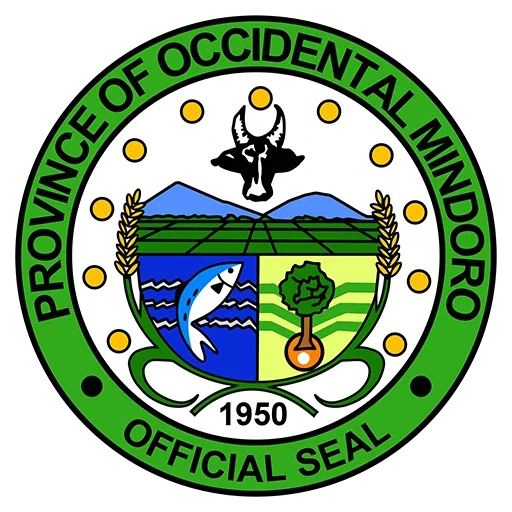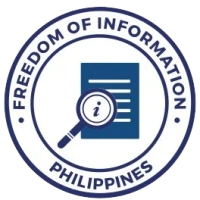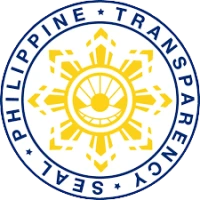LEGAL OFFICE
| MANDATE |
| The Provincial Legal Office is the principal law office of the Provincial Government which shall provide legal services to carry out the Provincial Government’s thrust of delivery of basic services and provisions of adequate facilities as provided for under Section 17 of the Local Government Code. |
| MISSION |
| To formulate measures, plans and strategies particularly those which have to do with programs and projects related to legal services, and ultimately, implemented the same, upon approval of Governor. |
| VISION |
| Provincial Legal Office shall cater to the widest range of legal services and assistance that may be needed by the Provincial Government to fulfill its mandate of carrying out the delivery of basic services to its constituents. |
| SERVICES |
(1) Formulate measures for the consideration of the Sanggunian and provide legal assistance and support to the governor or mayor, as the case may be, in carrying out the delivery of basic services and provisions of adequate facilities as provided for under Section 17 of RA 7160; (2) Develop plans and strategies and upon approval thereof by the governor implement the same, partcularly those which have to do with programs and projects related to legal services which the governor is empowered to implement and which the sanggunian is empowered to provide for under this Code. (3) In addition to the foregoing duties and functions, the legal officer shall:
(4) Recommend measures to the sanggunian and advise the governor on all other matters related to upholding the rule of law; (5) Be in the frontline of protecting human rights and persecuting any violations thereof, particularly those which occur during the aftermath and man-made or natural disaster or calamities; and (6) Exercise such other power perform such other duties and functions as may be prescribed by law or ordinance. |
Legal Office Organizational Structure

| Investigation Division |
| Conducts investigation on any local official or employee for administrative neglect or misconduct in office, as well as on any person or entity holding any franchise or privilege from the Provincial Government for failure to comply with the condition in the grant of such franchise or privilege, and recommends appropriate action to the Provincial Legal Office, in both cases. |
| Legal Affairs Division |
| Provides legal representation in court where the Provincial Government or any official thereof, in his official capacity, is a party. Prepares contracts, ordinances and other legal instruments. Renders legal opinion on any question of law when required by the Provincial Legal Officer. |
| Administrative Division |
| Oversees the internal management of the administrative personnel and staff of the Department to enable the Provincial Legal Officer to carry out the Department’s mission. |



